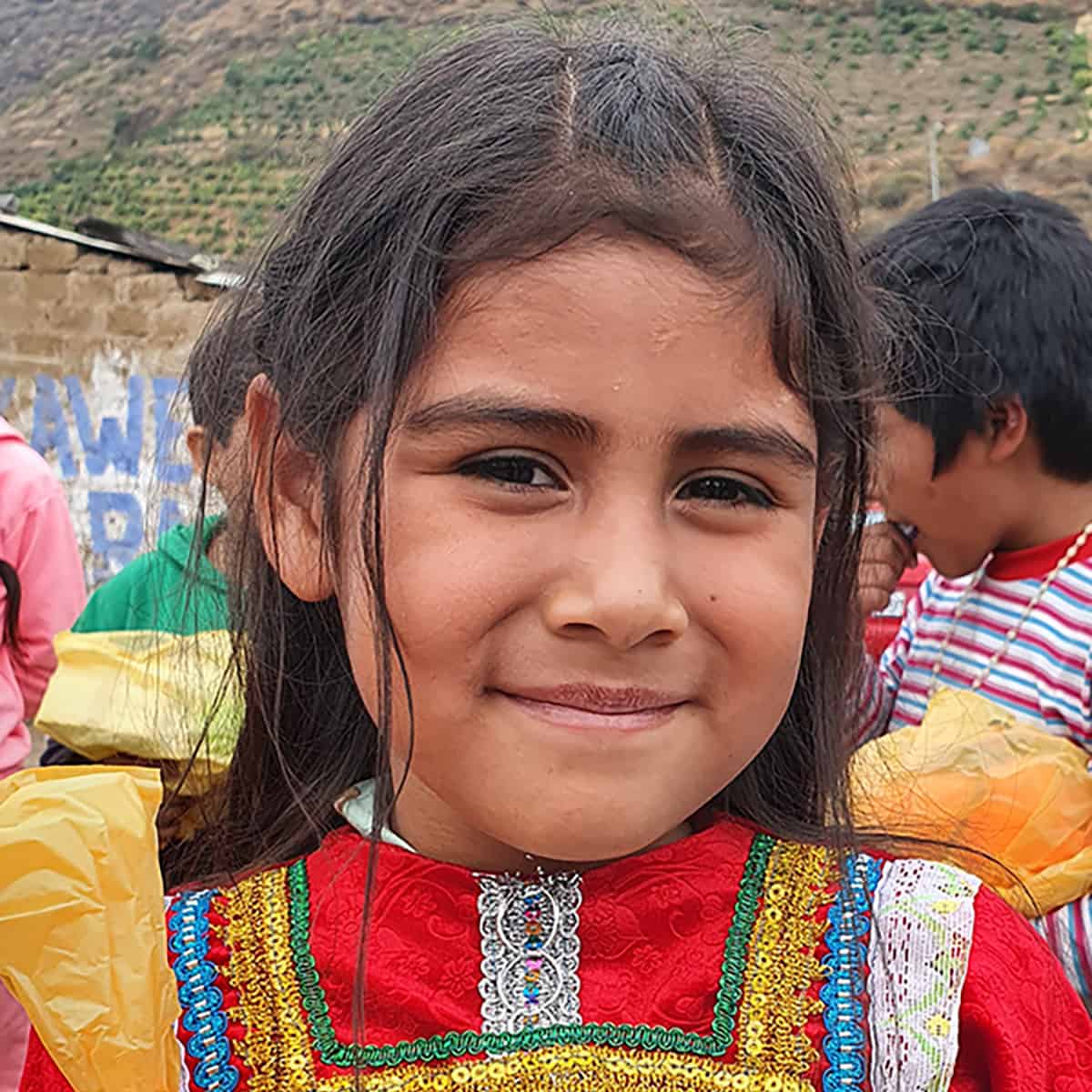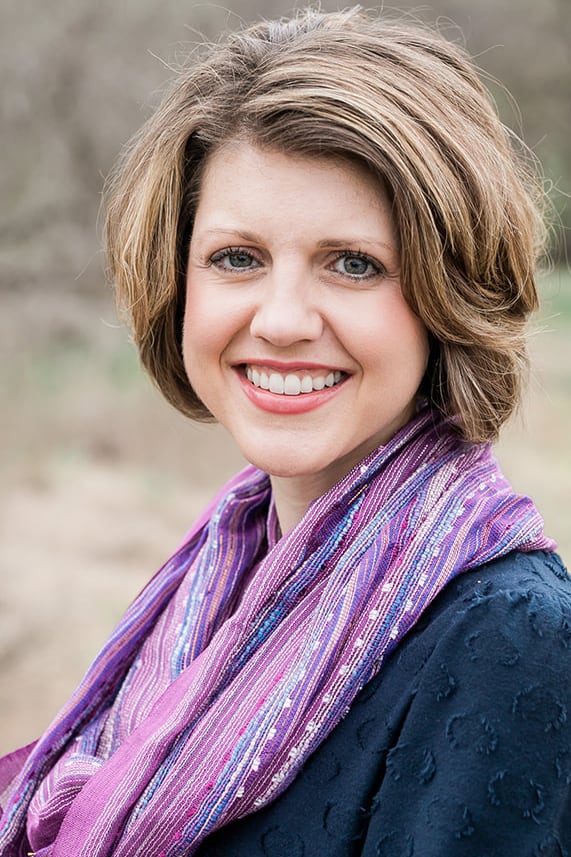How People Celebrate Around the World
By Amanda DeWitt

For two days in December, most of us pause to celebrate. We hang lights. Gather with family. And give gifts to friends and loved ones.
The way Christmas is celebrated is tied to one’s faith and also to the culture in which you live. For millions of people, Christmas may be celebrated on a different day, in a different way, or not celebrated at all.
Recently, local Unto® staff teams and partners from around the world shared how Christmas is celebrated in their region and what traditions families consider important and meaningful.
The Middle East
Steeped in history and rich tradition, the city of Bethlehem is situated in the heart of the Middle East. And even though the area is extreme diverse, Christmas is still the most widely celebrated holiday.
For most of December and January, the city is abuzz with festivities. There is a large Christmas festival held in town. Musicians from across the city come together to play the music of the season. On Christmas Eve the Church of the Nativity hosts a special service and time of prayer.
Those who follow the Western and Catholic traditions celebrate on Christmas December 24. Traditionally families spend three days together celebrating. They enjoy special meals, cookies, and other treats.
For those who follow the Orthodox or Armenian church traditions, their celebrations are held in January. These groups enjoy smaller Christmas festivals, church services, and family gatherings.
Bethlehem is one of the most diverse religious communities in world. But in most other places across the Middle East Christmas is also celebrated. Some focus on the Christmas tree lightings and gift exchanges while those within Christian communities focus more on the nativity and special church traditions with family and friends.
Africa
For most people in Africa, Christmas is a time of great celebration. The month of December is filled with carnivals, dancing, parties, and gift exchanges.
In Sierra Leon, and in many other parts of Africa, Christians attend a special church service on Christmas Day. Families dress in their best clothes and gather after the service in someone’s home. They enjoy a big meal together and exchange gifts. They also give to those who are in need within their community.
For those who do not follow Christian traditions, moonlight picnics are common. The large parties begin on Christmas Eve, run through the night, and end midday on Christmas Day. People decorate with lights and garland. They enjoy large meals and expensive foods. Everyone, both rich and poor, are expected to participate in the gift giving.
“People who receive gifts always say that it is not the size of the gift but the fact that you remembered me at Christmas time that matters. No one is too poor to give and no one is too rich to receive,” our in-country staff team member shared.
Latin America
In much of Latin America and the Caribbean, people cannot wait for Christmas to arrive. Families start decorating for the holidays in September. The month of December is filled with special gatherings, family activities, and church services.
Most families enjoy a special meal on December 24. They cook pork, tamales, and other traditional foods. Then on December 25 they rest after all the festivities. Most people focus on family and being together more than giving gifts.
Those who follow the Catholic tradition attend mass on Christmas Day. Other churches host a special service on New Year’s Eve. Those who live in places like Costa Rica spend the holidays at the beach as it is the beginning the summer season.
Families across the region look forward to Christmas Eve and the special holiday activities shared throughout the season.
Central Asia
Across Central Asia Christmas is not widely celebrated. Only those who follow Jesus participate in church services and celebrations around the nativity.
Instead New Year’s is widely celebrated across the region. Pappa Frost, modeled after Santa Clause, was introduced by Soviet and Russian influences. He traditionally brings gifts and treats to children on New Year’s Eve.
Although there are few Christians across the region, those who follow Jesus often attend special church services and family gatherings on Christmas Day. Others who follow the Russian Orthodox tradition celebrate Advent followed by a Christmas celebration on January 7.
For Russians in Central Asia, Christmas tables are full of chocolates, fruits, nuts, baursak, salads, naan, and a traditional dish called plov. For most other families in Central Asia, they share a large meal around New Year’s and focus on the opportunity to start afresh with another year.
Make the Maximum Impact This Christmas
For many people in the toughest places, Christmas can be a challenging time. Without access to the food, clean water, or basic necessities, it can be hard to celebrate. You can help relieve their suffering — and reveal the hope of Jesus to them.
Published December 1, 2023

Amanda is a freelance writer whose work has appeared in Gift for Leadership, Kindred Spirit, and Christianity Today publications. She holds a M.A. in Media and Communication from Dallas Theological Seminary.





